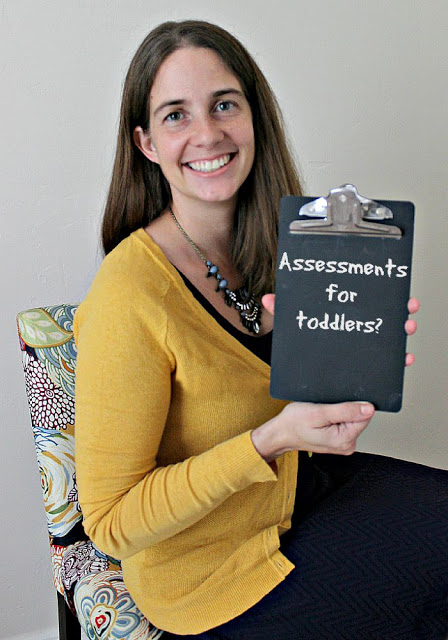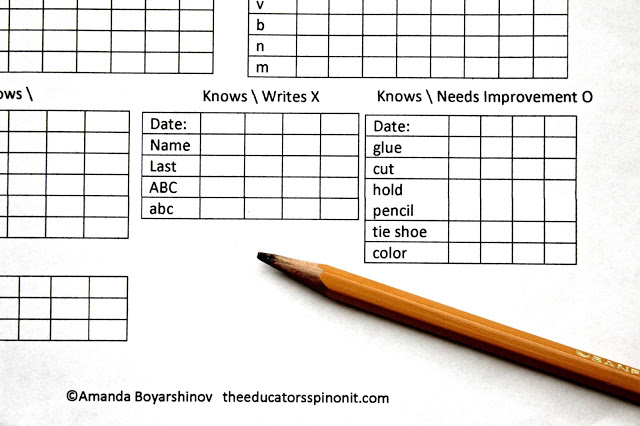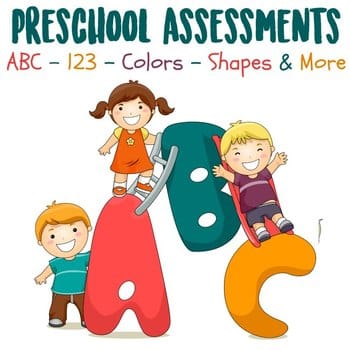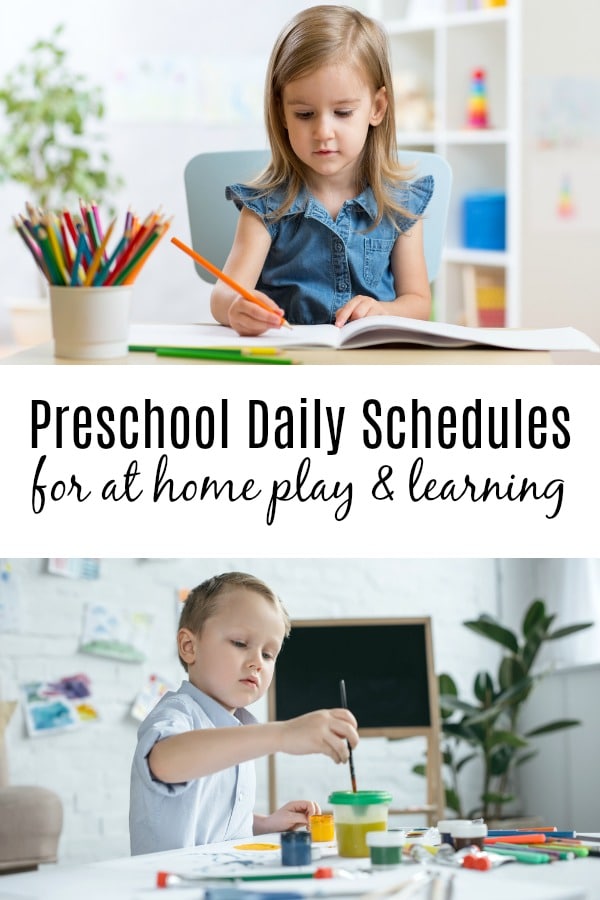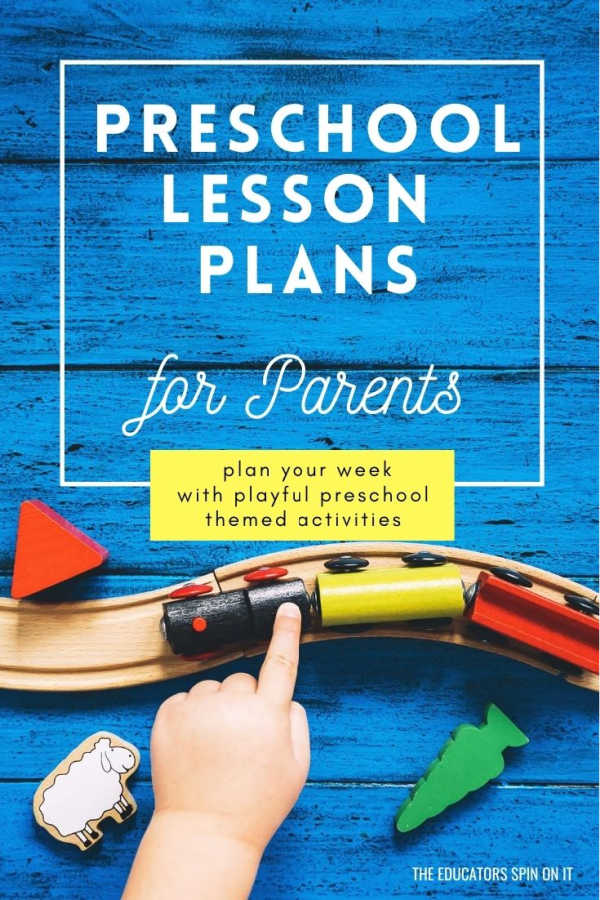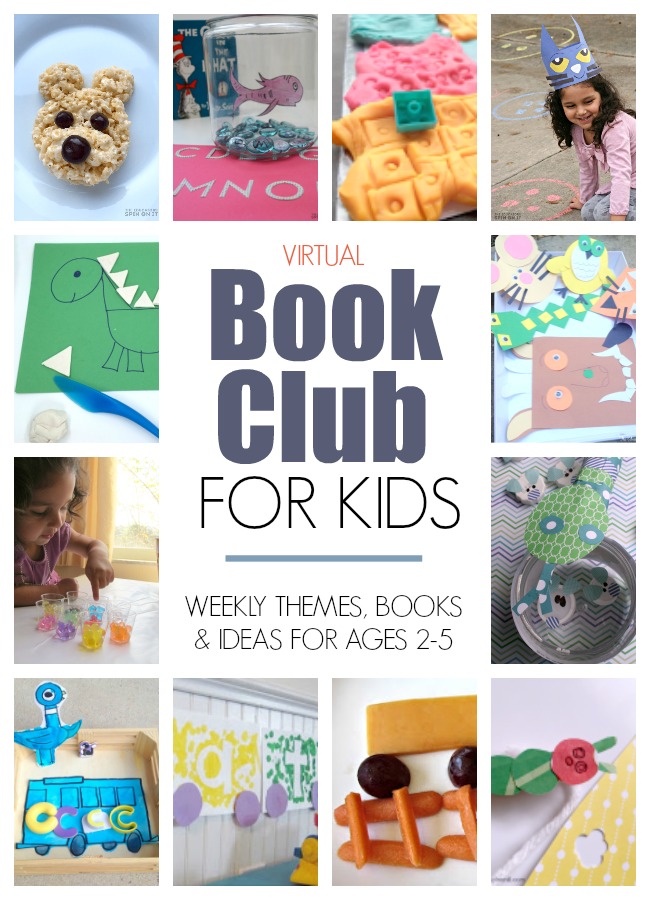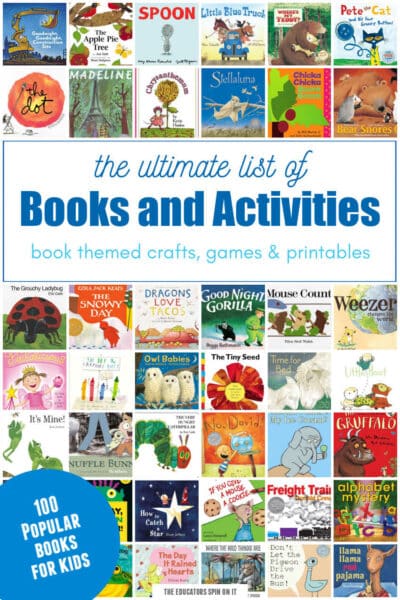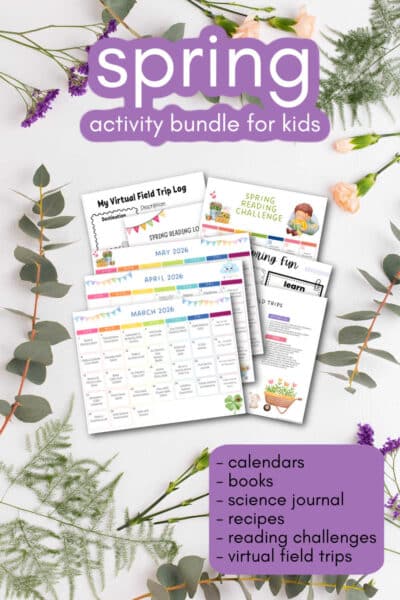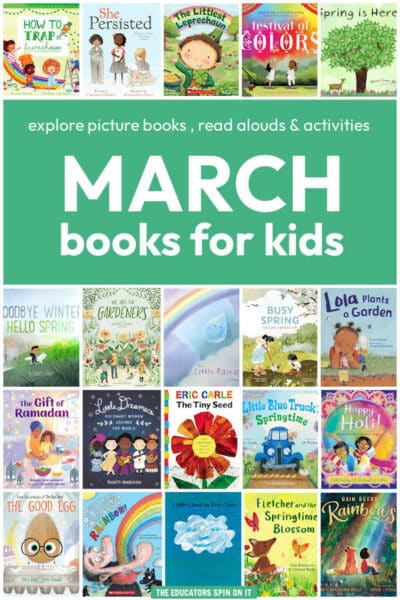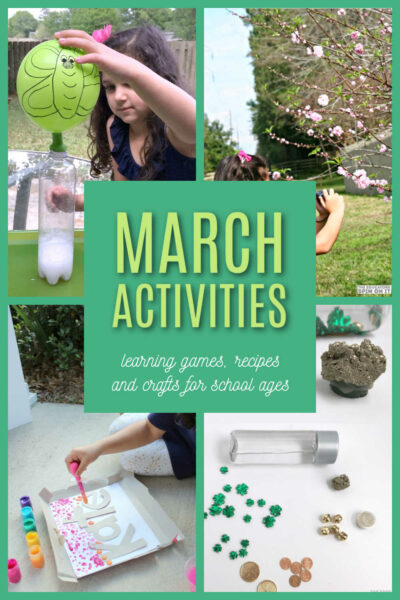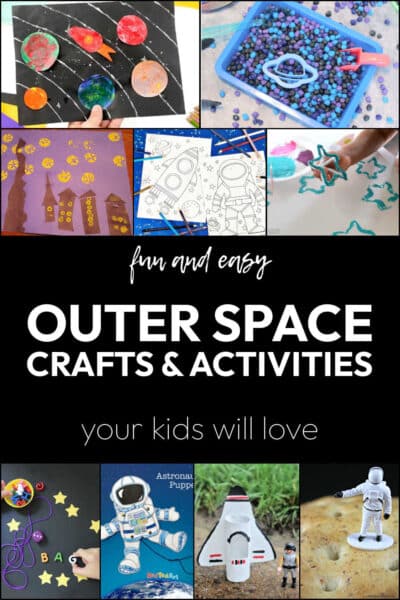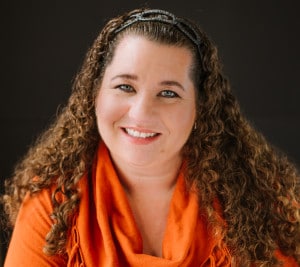Are we going too far with testing children? Are assessments for toddlers really necessary? This article written by a mom to three and a former kindergarten teacher will give you a quick glimpse into the world of assessments for young children.
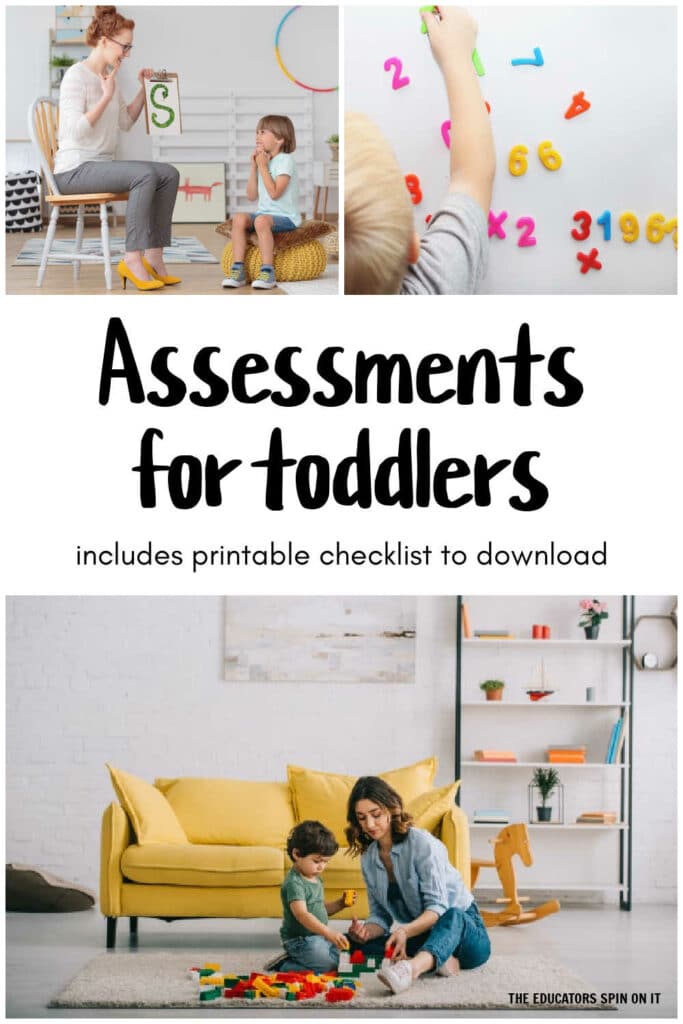
Assessments for Toddlers
Are assessments for toddlers really needed?
In my personal and humble opinion – YES
- Assessments show parents and teachers what children have already learned.
- The results of these assessments help to guide future instruction.
- They also help us assess our own teaching and evaluate our methodologies of reaching children.
- And the bottom line is, without assessing children – how can we as parents and teachers know what our children are learning?
Now, you and I may consider assessments as something entirely different, so let’s make sure we are all on the same page.
What is an Assessment?
An assessment is simply a method for parents or teachers to evaluate, measure, and document skills and knowledge.
Largely due to the media, we often think of assessments and standardized testing as one and the same.
They are not.
Standardized tests are one form of assessing and recording student knowledge.
There are a wide variety of assessments that are, in my opinion, much more effective with young children.
Most toddler assessments are informal assessments.
Meaning, that there is NOT a standardized test given, rather a collection of observation records used to assess academic knowledge. The following
- portfolio of student work
- 1:1 meetings with the child
- simple quizzes
- adult observations
- writing samples collected throughout the year
What items can parents and teachers assess with toddlers?
Gross motor skills such as climbs up a slide and slides down, pedals a bike, walks up stairs using both feet.
Fine motor skills such as the ability to scribble, build a tower with blocks and is able to pick up a small item and place it into a container.
Self-care skills such as putting on a coat, feeding themselves, and washing hands.
Relationships with peers such as sharing toys, taking turns and using words to communicate feelings.
Early academics such as attempt new tasks, experiment with a variety of materials and completes tasks
Beginning literacy skills such as listens to books, responds verbally to questions, and shows awareness of books.
Beginning math skills such as sorting by size, counting to 10, and identifying shapes.
Here are some learning resources for your toddler.

How to keep track of toddler assessment results
Write observations on post it notes. Put them in each child’s folder.
Keep an observation journal. Make notes 2-3 times weekly on what the child is doing, saying, and understanding.
Use a checklist. You can make your own checklist up based on your school’s standards.
I have created a preschool assessment checklist and assessment sheets that include letter names, sounds, colors, shapes and more. You can download it here.
You may also enjoy these resources for your toddler…
